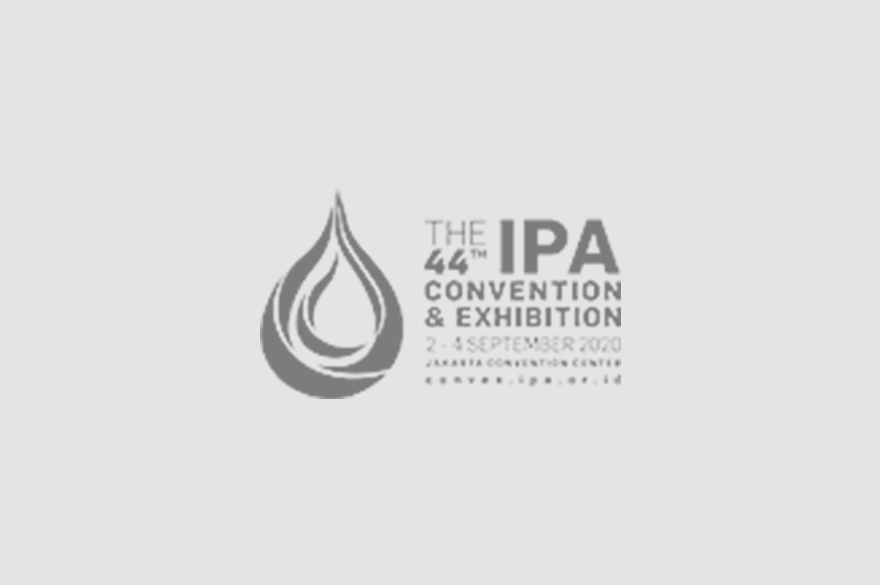Indonesia Needs Oil and Gas to Develop the Petrochemical Industry
/
Amidst the rise of electrical vehicles, the oil and gas industry remains important for Indonesia in the future. While fuel demand is predicted to decrease, the oil and gas industry will still be needed to develop Indonesia’s petrochemical industry and President Joko Widodo is aiming to stop the import of petrochemical products in 2024.
According to the data from The Indonesian Olefin, Aromatic, and Plastic Industry Association (Inaplas), Indonesia’s volume of imports of petrochemical products is very high. For example, the national demand of polypropylene, polyvinyl chloride, polyethylene, and polystyrene is around six million tons per year. Unfortunately, the national petrochemical industry can only supply around 30 percent of domestic demand.
Petrochemicals are the chemical products obtained from petroleum by refining. The two most common petrochemical classes are olefins (including ethylene and propylene) and aromatics (including Benzene, toluene and xylene isomers). Oil refineries produce olefins and aromatics by fluid catalytic cracking of petroleum fractions. While chemical plants produce olefins by steam cracking of natural gas liquids like ethane and propane.
Olefins and aromatics are the raw materials for a wide range of materials. For example, ethylene is used in producing paper, consumer electronics, detergents, footwear, and adhesives. Propylene is used to produce paints, furniture, textiles, pharmaceuticals, and food packaging.
As quoted in media, President Director of PT Pertamina (Persero), Nicke Widyawati, sees the target of the Indonesian Government on Petrochemicals in 2024 as a chance for its oil and gas business future. To mitigate its refineries projects, Pertamina will integrate all its refineries with petrochemical production facilities and aim to fill the gap of domestic petrochemical demand and supply.
“We will integrate our refineries with petrochemical facilities so it will have the flexibility to switch from producing gasoline to petrochemical products. This is our long-term mitigation strategy when gasoline demand is going downwards,” she said.
She added that Indonesia is still very dependent on the import of petrochemical products. She estimated that around 80 percent of petrochemical supply comes from other countries. Going forward, she predicts that national demand of petrochemical products will continue to rise even higher due to the current lifestyle of Indonesians.
Therefore, to boost up its petrochemicals production, Pertamina will continue its refineries projects and support the Government’s oil production target. (*)
